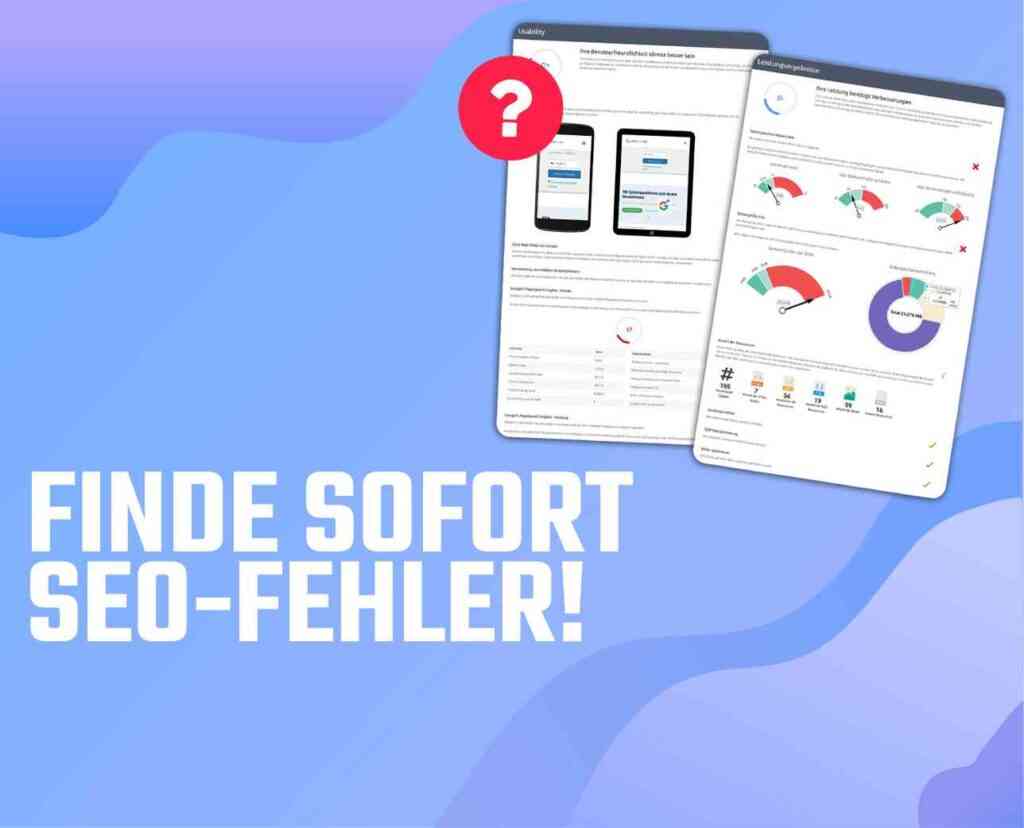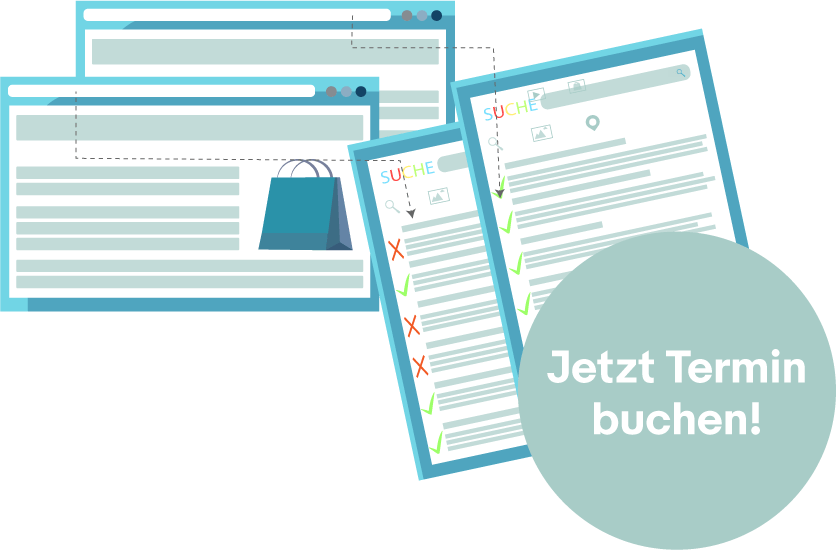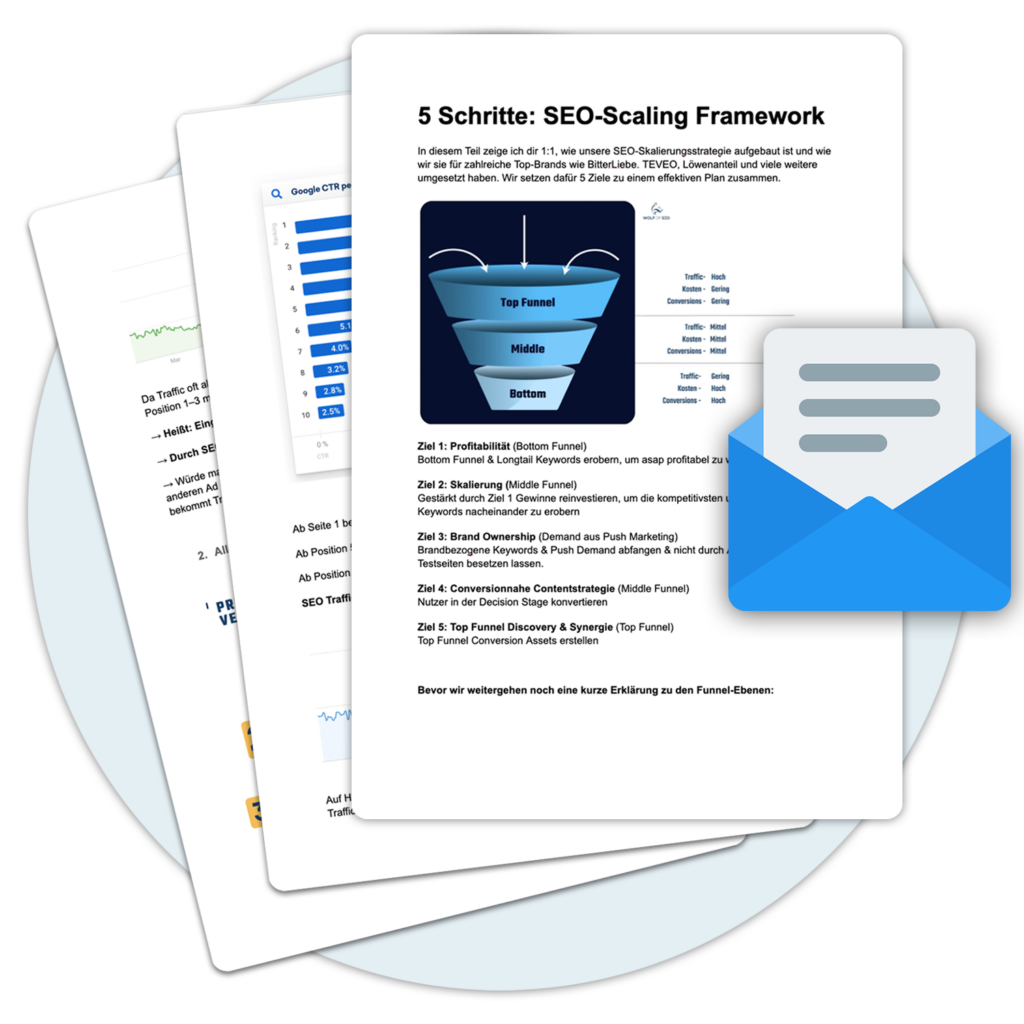Definition and function of a user agent
A user agent acts as an intermediary between a user and the internet, or more precisely, between the user application and the web servers. In its core function, the user agent sends requests to servers and receives responses, which it presents to the user. These software agents can appear in various formats, including as web browsers, which are widely known and used, search engine crawlers, which crawl the Internet for search indexes, and specialized applications such as API-clients and e-mail clients.
The role of user agents on the Internet
User agents play a crucial role in the functioning of the Internet by enabling content to be delivered correctly to the end user's device or software. The user agent information included in HTTP requests tells the server what type of application is sending the request, what operating system is being used, and what versions of the software involved are in play. This information is crucial to ensure that the correct data is sent in a compatible format.
How the user agent influences communication
Each user agent identifies itself when making a request to a web server with a specific character string, the so-called user agent string. This string consists of several components, which can include the product identifier, the product version and optional comments. This detailed identification allows the server to make adjustments or deliver specific content based on knowledge of the software and the requestor's device.
However, it is important to emphasize that the practice of delivering different content based on the user agent string is generally not recommended, as it can lead to a fragmented and inconsistent user experience on the web. Nevertheless, identification by user agent string remains a powerful tool to ensure accessibility and compatibility across a wide range of devices and software.
Different types of user agents
The world of user agents is diverse and includes a wide range of software applications that differ in their function and area of use. Among the best known are web browsers, which enable us to access the World Wide Web. This category includes popular Browser such as Firefox, Chrome, Safari and Opera, which are each represented by unique user agent strings.
Search engine crawler
A less visible but crucial type of user agent is the search engine crawler. These automated agents, such as the Googlebot or the Yandex Accessibility Bot, crawl the Internet to index data and find the Search results to improve your website. Their specific user agent strings enable website operators to recognize these crawlers and offer them an optimized view of the website.
Mobile user agents and more
With the increasing use of the Internet on mobile devices, mobile user agents have become more important. Mobile Browser identify themselves with their own user agent strings, which often contain information about the device, the operating system and the Browser include. This specific data helps developers to design websites and applications for an optimal user experience on mobile devices.
In addition to these more common types, there are also specialized user agents that are used in certain areas such as API-clients and e-mail clients. API-Clients enable communication between different software applications via the Internet, while e-mail clients read, send and manage e-mails.
This diversity of user agents shows how varied the ways in which users and programs interact with the internet are. They all play a crucial role in the Internet landscape by forming the basis for error-free navigation and data retrieval. Their specific functions and the differences in their user agent strings are what make a customized user experience possible in the first place.
Structure and components of the user agent strings
The structure of a user agent string is designed to provide detailed information about the client software making a request to a web server. This string is more than just a simple identifier; it is a composition of several components that together paint a clear picture of the requesting application.
Core components of a user agent string
Each user agent string usually begins with the product identifier, which specifies the name of the application. For example, this could be "Mozilla" for Firefox or "Chrome" for Google Chrome Browser be. This is immediately followed by the product version, which indicates which version of the software is currently being used. This basic information is often supplemented by optional comments that can provide additional details, such as the operating system used, the platform used or specific compatibilities.
Diversity in the presentation
Although the basic structure across the various Browser and applications is similar, there are differences in the exact formatting and the amount of information provided. For example, each Firefox user agent string begins with "Mozilla/5.0", followed by further details such as the platform and the version of the Gecko rendering engine. Chrome and OperaBrowser also use "Mozilla/5.0" at the beginning of their strings, but add specific information about their rendering engines and additional tokens, such as "Safari" for Chrome or "OPR" for Opera.
An interesting detail is that the user agent string of the Edge browser also uses the "Edg" token, which clearly distinguishes it from older versions of Internet Explorer, which used a completely different scheme. These differences in the user agent strings are crucial for web developers and servers to correctly identify and process the requests.
Use of information from user agent strings
The detailed information in the user agent strings allows web servers to create customized content for different user groups. Browseroperating systems or devices. For example, specific CSS styles or javascripts can be loaded for certain versions of a browser or for mobile devices in order to optimize the user experience. At the same time, it also offers the possibility of evaluating access statistics in a finely granulated manner and reacting accordingly, whether in web development or marketing.
User agent strings thus play a central role in communication between client applications and web servers by enabling comprehensive identification and thus customized information delivery.
Examples of user agent strings for different browsers
The user agent strings of various Browser illustrate the differences in the information they transmit to web servers. These strings serve as digital fingerprints that contain specific data relating to the Browser-software. Here are some examples of what this information can look like in practice.
Firefox
The user agent string of a Firefox browser typically begins with "Mozilla/5.0"followed by details of the platform and the version of its rendering engine, Gecko. An example string could look like this: "Mozilla/5.0 (Windows NT 10.0; Win64; x64; rv:88.0) Gecko/20100101 Firefox/88.0". This string shows that the Browser is running on a Windows 10 system with a 64-bit architecture and version 88.0 of Firefox is used.
Chrome
ChromeBrowser also share the introductory "Mozilla/5.0" token, but add specific details about their rendering engine Blink. A typical string for Chrome could be: "Mozilla/5.0 (Windows NT 10.0; Win64; x64) AppleWebKit/537.36 (KHTML, like Gecko) Chrome/90.0.4430.85 Safari/537.36". This string informs you that the Browser is based on the Blink engine and is accessed on a Windows 10 system.
Opera
Opera, known for its innovative approach, uses a similar structure to Chrome, but adds the "OPR" indicator to differentiate yourself. An Opera user agent string could look like this: "Mozilla/5.0 (Windows NT 10.0; Win64; x64) AppleWebKit/537.36 (KHTML, like Gecko) Chrome/62.0.3202.94 Safari/537.36 OPR/49.0.2725.64". The "OPR" token indicates the specific version of Opera.
Edge
The Microsoft Edge Browserwhich is based on the Blink engine, uses the "Edg" token in its user agent string to differentiate itself from other browsers. An example of an Edge user agent string is: "Mozilla/5.0 (Windows NT 10.0; Win64; x64) AppleWebKit/537.36 (KHTML, like Gecko) Chrome/79.0.3945.130 Safari/537.36 Edg/80.0.361.66". The "Edg" token indicates that this is the EdgeBrowser followed by its specific version.
These examples illustrate how user agent strings serve as a source of information for web applications in order to optimize the user experience. They provide insight into the software and hardware used and enable targeted delivery of content. Knowledge of these strings is essential for the development of web applications and their compatibility with different browsers.
Use of user agent strings by websites
The use of user agent strings by websites enables a differentiated delivery of content and ensures that users receive the same content regardless of the device or browser they are using. Browser can enjoy an optimal experience. This precise adaptation to the user environment is essential for designing responsive and accessible websites.
Adaptation of content to the browser
Using the information from the user agent string, web developers can create specific Stylesheets or provide scripts that are tailored to the peculiarities of certain Browser are customized. This is particularly important, as different Browser can support different technologies and standards to varying degrees. Customization can significantly affect the form and functionality of the website, from the arrangement of elements to interactivity.
Optimization for mobile devices
By identifying mobile user agents, websites can automatically adapt their layout and design to ensure a more user-friendly display on smartphones and tablets. This includes changing the size of buttons, optimizing menus and adjusting image resolutions. Such mobile optimization is essential as more and more users access the Internet via mobile devices.
Creation of access statistics
User agent strings also provide valuable data for the analysis of user behavior. By evaluating these strings, website operators can generate detailed access statistics, such as the distribution of the Browser and operating systems among its visitors. This information is invaluable for the further development of the website, as it provides insight into the preferences and needs of the target group.
In summary, user agent strings enable a customized user experience by providing the web servers with precise information about the requesting clients. They ensure that content is displayed correctly and functions can be used flawlessly, regardless of the variety of user devices and Browser. The use of this information contributes significantly to making the Internet more user-friendly and accessible.
Customization of the user agent string using the user agent switcher
The customization of the user agent string using a User Agent Switchers is a method by which users can change their digital "identity" by telling the web servers that they are on a different device or Browser than they actually are. This is particularly useful in situations where certain content or services are only available to specific users. Browser or operating systems are available.
How a user agent switcher works
A User Agent Switcher is usually used as Browser-extension and allows the user to select from a list of predefined user agent strings or even enter their own strings. After the selection, the Browser the modified user agent string for each request to a web server, which makes the server believe that the request originates from a different device or Browser.
Application scenarios and advantages
This flexibility offers several advantages. Developers use User Agent Switcher to test the design of their websites on different browsers and devices without having to physically have multiple devices at hand. It also allows users to access content that would be restricted based on their actual user agent string, be it geographic or platform-specific. Bypassing such restrictions is particularly helpful to get a comprehensive picture of the internet without unnecessary hurdles.
Although the ability to change the user agent string offers numerous benefits, it should still be used with caution. Websites can also deliver specific content based on the user agent string to provide an optimized experience. Incorrect specification can therefore lead to a suboptimal display of the website in some cases. It is therefore important that users decide responsibly and consciously when and why they adjust their user agent string.
Specific user agent strings for mobile devices and search engines
The composition of user agent strings varies significantly between desktop browsers, mobile devices and search engine crawlers to meet their unique requirements and functionalities. These specific strings play a crucial role in optimally adapting web content to the requesting device or service.
User agent strings for mobile devices
Mobile devices, including smartphones and tablets, transmit user agent strings that specifically contain information about the mobile platform, such as the operating system, version and often the specific device model. These details allow websites to provide a touchscreen-optimized version of their content. For example, the user agent string of a mobile Safari browser on an iPhone could read: "Mozilla/5.0 (iPhone; CPU iPhone OS 13_2_3 like Mac OS X) AppleWebKit/605.1.15 (KHTML, like Gecko) Version/13.0.3 Mobile/15E148 Safari/604.1". Such precise information helps to significantly improve the user experience for mobile visitors to a website by adapting the layout and functions accordingly.
User agent strings from search engine crawlers
Search engine crawlers, also known as bots or spiders, use specific user agent strings to identify themselves when searching for content on websites. These strings not only provide information that the requesting agent is a bot, but often also which Search Engine belongs to it. An example of this is the Googlebotwhose string could be represented as follows: "Mozilla/5.0 (compatible; Googlebot/2.1; +http://www.google.com/bot.html)". Websites use this information to decide whether and how to index content for indexing by the Search Engine which is essential for the SEO optimization of websites.
Knowledge of these specific user agent strings for mobile devices and search engines enables web developers and Content-This helps producers to optimize their resources efficiently and ensure that all users - whether human or machine - have the best possible experience on their website.
Challenges and criticism of the use of user agent strings
The use of user agent strings as a method for identifying and adapting web content to different BrowserThe growing use of mobile devices, operating systems and devices brings with it a number of challenges and points of criticism. These mainly concern issues of privacy, security and efficiency in modern web development.
Privacy and tracking
A significant challenge associated with user agent strings is the potential threat to user privacy. The detailed information contained in these strings allows websites and third-party providers to track user activity and create a profile of their preferences and behavior online. This practice of so-called "fingerprinting" is often criticized as it can be done without the explicit knowledge or consent of users.
Security vulnerabilities
From a security perspective, user agent strings offer potential points of attack for malicious actors. By disclosing detailed information about the operating system, browser version and system architecture, hackers can exploit specific vulnerabilities. This becomes particularly problematic when users are using outdated software with known security vulnerabilities, the details of which can be easily extracted from the user agent string.
Web development and compatibility
At the web development level, the use of user agent strings also results in various problems. The diversity and inconsistency of these strings make it difficult to display websites and applications uniformly across different Browser and devices. In addition, the practice of adapting content based on the user agent string can lead to web fragmentation, with users being fragmented according to the device or device type they are using. Browser see different versions of a website. This fragmentation contradicts the principles of responsive design, which aims to provide a consistent user experience regardless of the end device.
In summary, despite their important role in digital communication, user agent strings pose a challenge for both users and developers. Privacy, security and web content management issues require careful consideration and responsible handling of this information.
« Back to Glossary Index





 By
By 